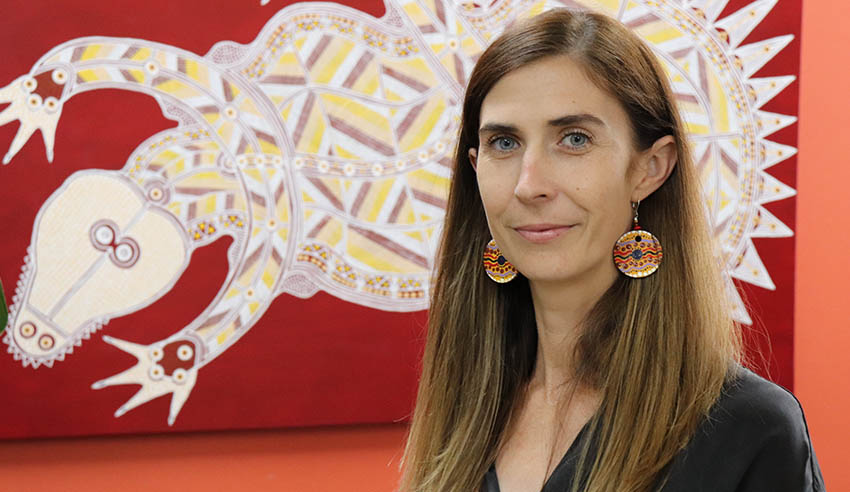With this weekend marking the 13th anniversary of the National Apology to the Stolen Generations, three bodies have spoken out about the necessity of greater roles for Indigenous expertise in court proceedings.

Earlier this week, the Aboriginal Legal Service NSW/ACT, UTS Jumbunna Institute for Indigenous Education and Research, UTS Law, and Public Interest Advocacy Centre (PIAC) joined forces at a virtual symposium, dubbed Aboriginal Voiced in Child Protection Decision-Making, calling for there to be a greater role for Indigenous expertise in court proceedings.
“Aboriginal expertise is rarely called upon in child protection court proceedings. While there are plenty of accomplished Aboriginal and Torres Strait Islander people with doctorates and professional standing, courts need to recognise that people like our Elders and grandparents are also experts with decades of experience and generations of passed-down knowledge,” said Karly Warner, Palawa woman and chief executive of the Aboriginal Legal Service NSW/ACT.
“Determinations about the interests and wellbeing of our children are being made without any meaningful Aboriginal and Torres Strait Islander input. Across Australia and certainly here in NSW and the ACT, we need practical ways for Aboriginal expertise to be heard in courts on critical children’s issues such as permanency, attachment theory and cultural connection.”
Dr Paul Gray, Wiradjuri man and Associate Professor at the UTS Jumbunna Institute for Indigenous Education and Research, added: “We know that connection to family, community, culture and Country provide the foundations for the lifelong wellbeing of Aboriginal and Torres Strait Islander children.
“Understanding what these elements mean for Aboriginal children is critical to making good decisions about their future, and yet Aboriginal perspectives are routinely marginalised across the child protection system. Aboriginal expertise must be at the centre of decisions about Aboriginal children.”
Commenting further, Jonathon Hunyor, CEO of the Public Interest Advocacy Centre, described the matter of utmost importance.
“We are pleased to support this symposium, which brings together experts across the child-protection field to discuss this important issue,” he said.
“Aboriginal and Torres Strait Islander voices and community organisations have the answers about how best to provide and care for their children, and how best to maintain connection to culture and family, as demonstrated through the recommendations of the Family is Culture Report in 2019 and again through today’s presentations and conversations. We need to listen to and amplify those voices and calls for change.”
The calls from the three bodies, and comments from Ms Warner, Dr Gray and Mr Hunyor, come 13 years after Australia introduced the day of National Apology to the Stolen Generations, delivered by then prime minister Kevin Rudd.
At the time Mr Rudd proclaimed that “the injustices of the past must never, never happen again”, however, as the bodies noted, today in NSW, Aboriginal children and teens are almost 10 times more likely to be living in out-of-home care than non-Indigenous children, and less likely to be reunited with their parents.

Emma Musgrave (née Ryan) is the managing editor, professional services at Momentum Media.
Emma has worked for Momentum Media since 2015, including five years spent as the editor of the company's legal brand - Lawyers Weekly. Throughout her time at Momentum, she has been responsible for breaking some of the biggest stories in corporate Australia. In addition, she has produced exclusive multimedia and event content related to the company's respective brands and audiences.
Prior to joining Momentum Media, Emma worked in breakfast radio, delivering news to the Central West region of NSW, before taking on a radio journalist role at Southern Cross Austereo, based in Townsville, North Queensland.
She holds a Bachelor of Communications (Journalism) degree from Charles Sturt University.
Email Emma on: